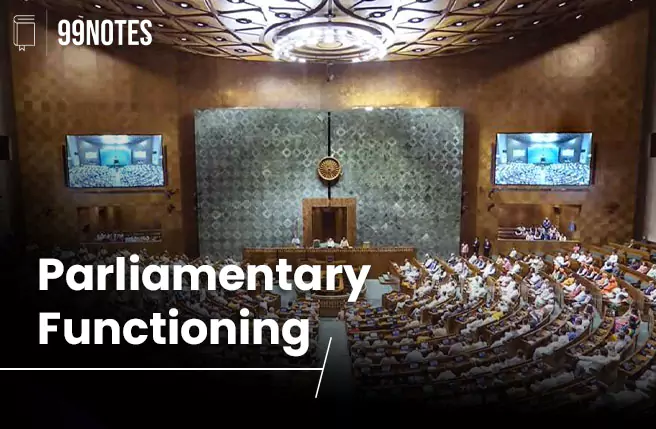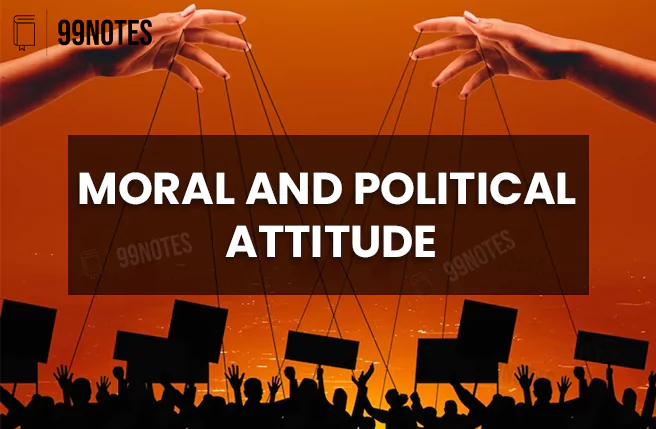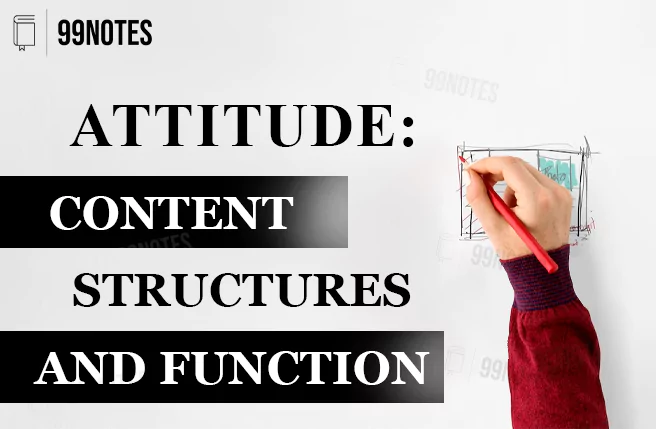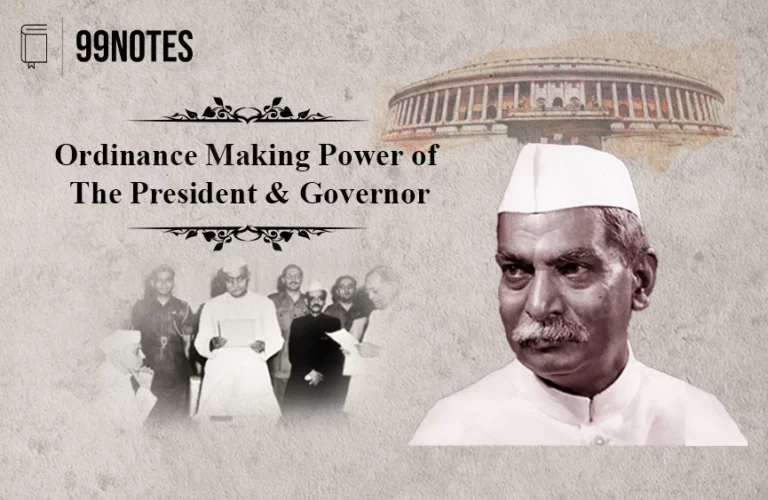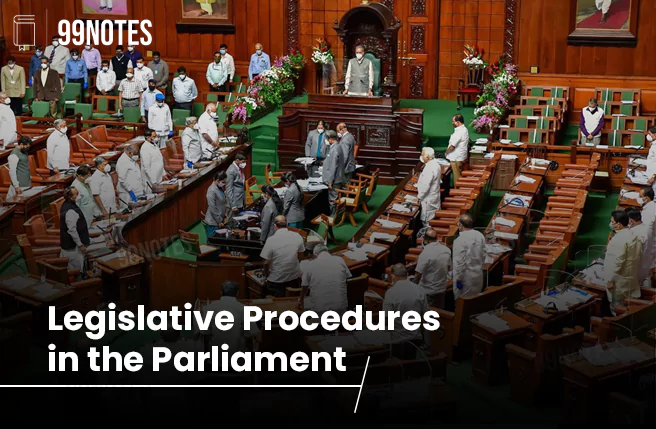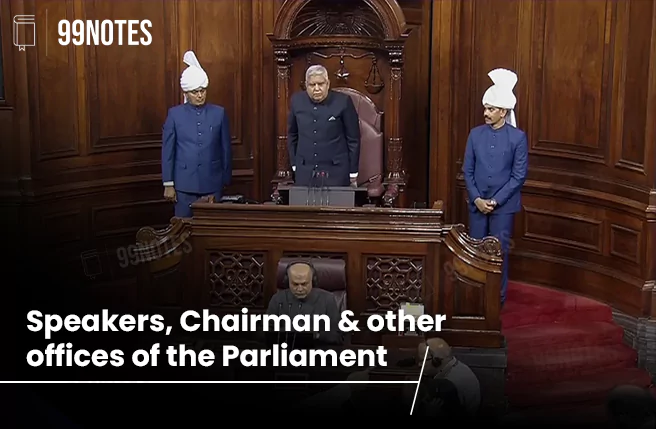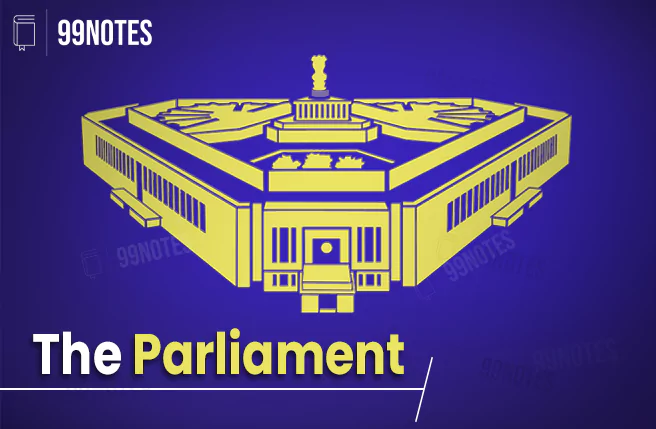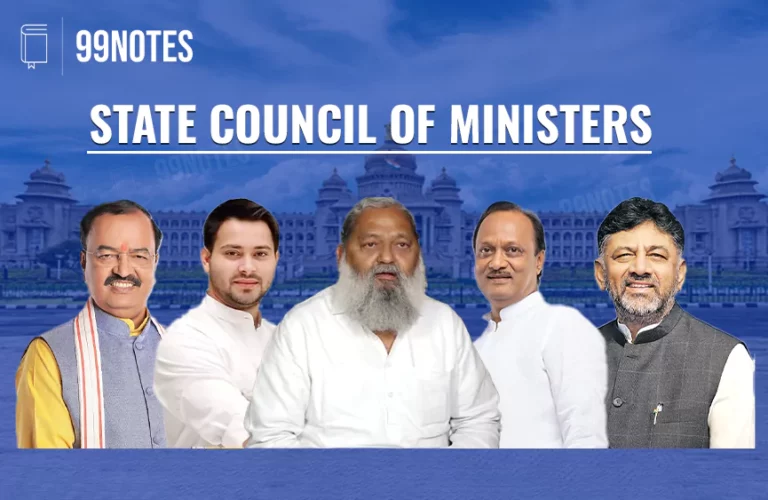Budget in Parliament UPSC Notes
The Budget is an annual financial statement giving an account of the expected revenue and expenditure of public money in a financial year, which starts on 1st April and ends on 31st March. It is a work plan that gives direction to the implementation of policies and programmes. Note: The Constitution does not mention the…


